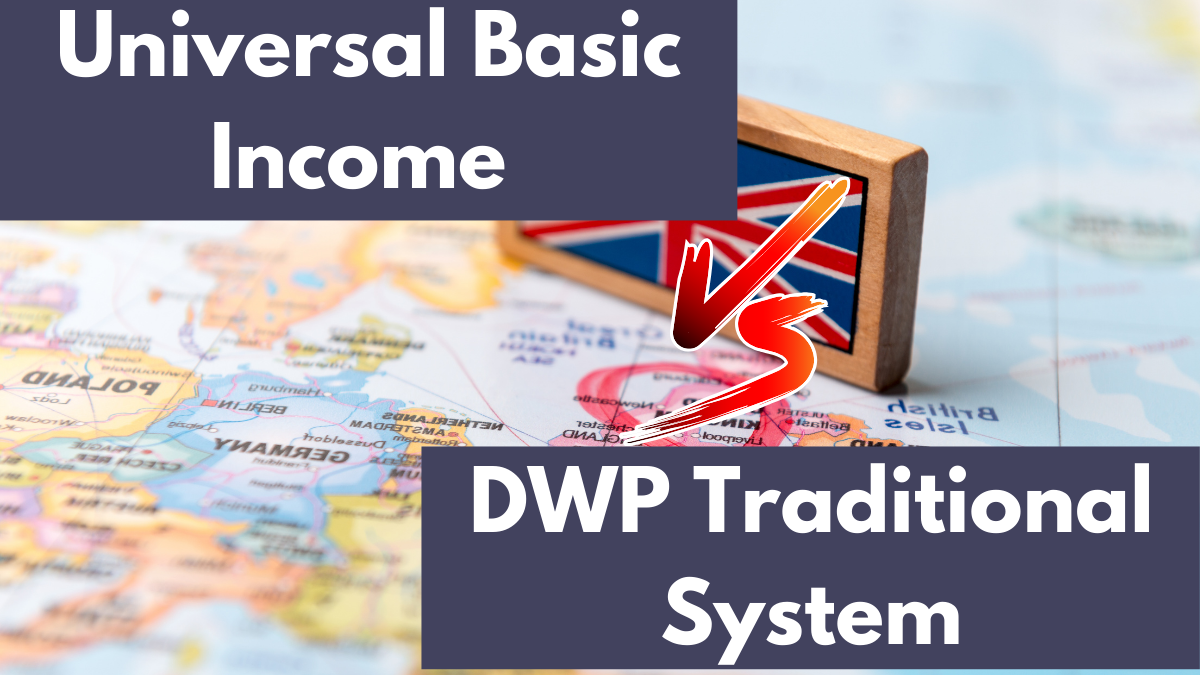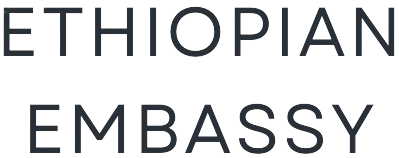Universal Basic Income (UBI) has transitioned from a theoretical concept to a concrete policy proposal aimed at addressing some of the most critical socio-economic challenges of our time. Zack Polanski, Deputy Leader of the Green Party of England and Wales, strongly advocates for UBI, viewing it as a practical solution to combat poverty, bridge income inequality, and foster a more just society.

Universal Basic Income vs. DWP Traditional System
The Growing Need for UBI
Economic and Social Disparities
The UK is currently facing a deepening crisis where millions of children are raised in poverty, and income inequality is widening. Economic disparity is further exacerbated by technological advancements, automation, and artificial intelligence, which continue to reshape the job market, often at the expense of low-income earners. Additionally, global issues such as climate change and political polarization are placing increasing pressure on economic stability and social cohesion.
UBI presents a viable solution by ensuring that every citizen receives a consistent, unconditional financial stipend, typically ranging between £1,200 and £1,600 per month. This amount aligns with the national minimum wage, enabling individuals to meet their basic needs without constant financial stress.
Evidence Supporting UBI
Real-World Implementation and Outcomes
UBI is not merely a conceptual framework; pilot programs worldwide have demonstrated its effectiveness. One notable example is the ongoing UBI trial in Wales, aimed at supporting care leavers. The results of such trials suggest that providing a foundational income significantly improves individuals’ well-being, empowering them to pursue education, employment, and personal growth without the looming threat of financial instability.
Advocates like Polanski argue that implementing UBI is not a question of feasibility but necessity. The inefficiencies of the current welfare system indicate that failing to adopt UBI may be more costly in the long run.
How Can UBI Be Funded?
Debunking the Cost Myth
One of the primary concerns surrounding UBI is funding. However, proponents argue that maintaining the existing welfare system is financially burdensome and inefficient. A well-structured UBI program could be sustainably financed through:
| Funding Mechanism | Impact on Economy and Society | |
|---|---|---|
| Reducing Bureaucratic Costs | Replacing universal credit and means-tested benefits with UBI would significantly streamline administrative expenses, making the system more efficient and less prone to errors. | |
| Progressive Taxation | Introducing higher taxes on the wealthiest individuals ensures a fairer redistribution of wealth while minimizing loopholes in the existing tax system. | |
| Carbon Tax Implementation | Using revenue generated from carbon taxes not only funds UBI but also promotes environmental sustainability. | |
| Increased Consumer Spending | With financial security, citizens contribute more to the economy through increased spending, stimulating business growth and job creation. | |
| Public Health and Crime Reduction Savings | Financial stability reduces stress-related health issues and crime rates, leading to long-term savings in healthcare and law enforcement budgets. | |
| For More Details Visit Here | ||
For disabled individuals currently relying on specialized benefits, a tailored “better-off” mechanism would ensure they continue to receive the support they need. Meanwhile, wealthier individuals, though taxed more, would benefit from a more stable and equitable society.
Addressing Inequality Through UBI
Societal and Economic Stability
Economic inequality is not just an ethical concern; it poses a tangible threat to societal stability. While millions struggle to make ends meet, the wealthiest continue to amass disproportionate wealth, often displaying their privilege with little regard for systemic disparities. Unchecked, this imbalance can fuel social unrest, increase political instability, and weaken economic resilience.
UBI serves as a proactive measure to address these disparities. By ensuring a financial safety net for all, it fosters inclusivity and shared economic responsibility, bridging the gap between the affluent and the underprivileged.
A Practical Vision for the Future
Moving Beyond Ideology
Critics often dismiss UBI as a utopian dream, but evidence suggests otherwise. The program offers a practical approach to creating a more sustainable and equitable society. Implementing UBI not only meets the immediate financial needs of citizens but also establishes a foundation for long-term economic stability.
The choice is clear: continue down the path of rising inequality, political unrest, and economic uncertainty, or embrace bold, progressive policies like UBI. By adopting UBI, the UK has the potential to set a global precedent in fostering a more balanced and just society.
Frequently Asked Questions (FAQs)
1. Is UBI sustainable in the long run?
Yes, UBI can be sustainably funded through taxation on wealth, carbon emissions, and corporate profits, alongside administrative savings from replacing inefficient welfare programs.
2. Will UBI discourage people from working?
Studies from pilot programs indicate that UBI does not reduce workforce participation. Instead, it enables individuals to seek better job opportunities, invest in education, or start businesses.
3. How does UBI differ from existing welfare systems?
Unlike means-tested benefits, UBI is universal and unconditional, eliminating bureaucratic inefficiencies and ensuring that financial support reaches everyone without stigma or restrictions.
4. Will UBI lead to inflation?
While some inflationary pressure may arise, increased productivity, economic participation, and smart funding strategies help mitigate the risk. Additionally, higher taxation on excess wealth can balance out potential inflationary effects.
5. Can UBI work alongside existing welfare programs?
UBI can be designed to complement certain welfare programs, ensuring that vulnerable populations, such as disabled individuals, receive necessary additional support without being disadvantaged.
By reimagining economic policies through the lens of inclusivity and fairness, Universal Basic Income presents a compelling case for a more prosperous, equitable, and stable future for all.
For More Information Click Here
